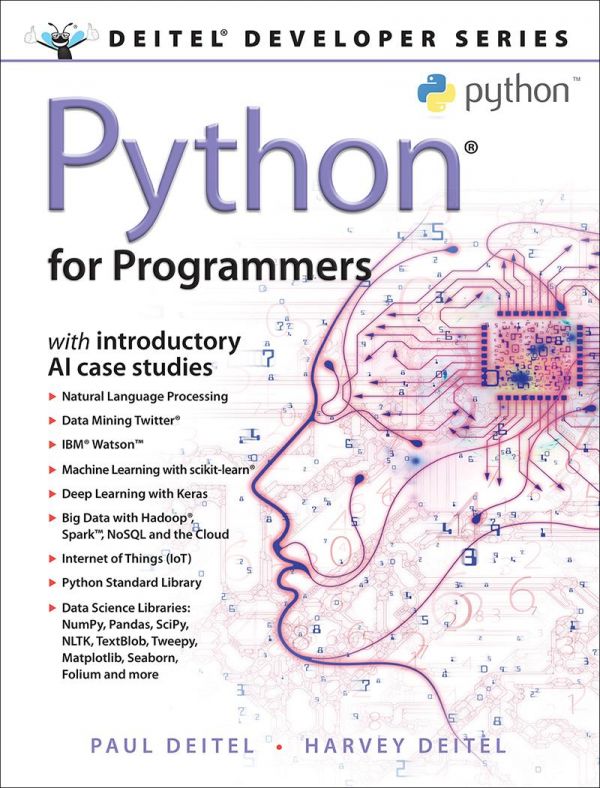

Most ebook files are in PDF format, so you can easily read them using various software such as Foxit Reader or directly on the Google Chrome browser.
Some ebook files are released by publishers in other formats such as .awz, .mobi, .epub, .fb2, etc. You may need to install specific software to read these formats on mobile/PC, such as Calibre.
Please read the tutorial at this link: https://ebookbell.com/faq
We offer FREE conversion to the popular formats you request; however, this may take some time. Therefore, right after payment, please email us, and we will try to provide the service as quickly as possible.
For some exceptional file formats or broken links (if any), please refrain from opening any disputes. Instead, email us first, and we will try to assist within a maximum of 6 hours.
EbookBell Team

4.1
100 reviewsIn the context of 500+, real-world examples ranging from individual snippets to 40 large scripts and full implementation case studies, you’ll use the interactive IPython interpreter with code in Jupyter Notebooks to quickly master the latest Python coding idioms. After covering Python Chapters 1—5 and a few key parts of Chapters 6—7, you’ll be able to handle significant portions of the hands-on introductory AI case studies in Chapters 11—16, which are loaded with cool, powerful, contemporary examples. These include natural language processing, data mining Twitter for sentiment analysis, cognitive computing with IBM Watson™, supervised machine learning with classification and regression, unsupervised machine learning with clustering, computer vision through deep learning and convolutional neural networks, deep learning with recurrent neural networks, big data with Hadoop, Spark™ and NoSQL databases, the Internet of Things and more. You’ll also work directly or indirectly with cloud-based services, including Twitter, Google Translate™, IBM Watson, Microsoft Azure, OpenMapQuest, PubNub and more.
Features
• 500+ hands-on, real-world, live-code examples from snippets to case studies
• IPython + code in Jupyter Notebooks
• Library-focused: Uses Python Standard Library and data science libraries to accomplish significant tasks with minimal code
• Rich Python coverage: Control statements, functions, strings, files, JSON serialization, CSV, exceptions
• Procedural, functional-style and object-oriented programming
• Collections: Lists, tuples, dictionaries, sets, NumPy arrays, pandas Series & DataFrames
• Static, dynamic and interactive visualizations
• Data experiences with real-world datasets and data sources
• Intro to Data Science sections: AI, basic stats, simulation, animation, random variables, data wrangling, regression
• AI, big data and cloud data science case studies: NLP, data mining Twitter, IBM Watson™, machine learning, deep learning, computer vision, Hadoop, Spark™, NoSQL, IoT
• Open-source libraries: NumPy, pandas, Matplotlib, Seaborn, Folium, SciPy, NLTK, TextBlob, spaCy, Textatistic, Tweepy, scikit-learn, Keras and more.